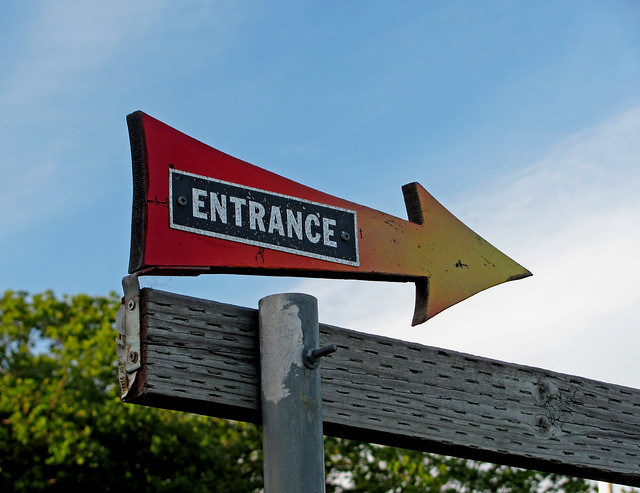
I'm finding it difficult to believe that the first week of this course is over! We all made our entrance to the learning space on Monday, and after reading and watching the initial pieces about digital literacy people began sharing their thoughts.
This week's assignment was to come up with a concise definition of digital literacy.
Easier said than done!
There are so many elements and variables, so rather than try to capture them all in my definition, I came up with this:
Digital Literacy is the synthesis of technology skills with the ability to consume and create information and communication in a digital environment.
I think a lot of people have a vague idea of what digital literacy is:
Using computers to do stuff!
We all know it really isn't that simple, but it can be difficult to describe. Digital literacy is a spectrum of skills and knowledge, that much is clear. It's not just the ability to use technology in a competent manner - what one does with it and how they do it is an important factor.
One resource I particularly enjoyed was Doug Belshaw's TEDx talk "The Essential Elements of Digital Literacies." Not only did he have a delightful accent, but he also brought up a point that really struck home with me. At about the 12:54 mark in his talk, he shared a slide showing the arrow of digital literacy pointing to the intersection of "individual interest" and "important issues."
INDIVIDUAL INTEREST. This is what motivates people to improve their digital literacy skills (though they might not be thinking of what they're doing in those terms). Certainly some people are forced into learning new skills depending on circumstance, but a good deal of digital literacy progress comes when an individual has a personal stake in the outcome. Once I thought of a specific interest-based example, it became much easier to describe the progression of digital literacy skills including technical, cognitive, and social facets.
********************
I've already begun thinking about how what I learn in this course will inform my work. One of my focuses for the next year and a half is to "create a standard of digital literacy for all public services staff." If our staff isn't digitally literate, then how can we possibly help our library patrons improve their skills? But what does it mean for library staff to be digitally literate? How can I guide them to improve their skills without it seeming like something they grudgingly have to do? These are just some of the questions I'll be looking to answer as I work through this course and beyond.
Cheers!
Or we could just grudgingly do it.
ReplyDeleteNoooooo! I want everyone to have fun while they're at it. :-)
Delete